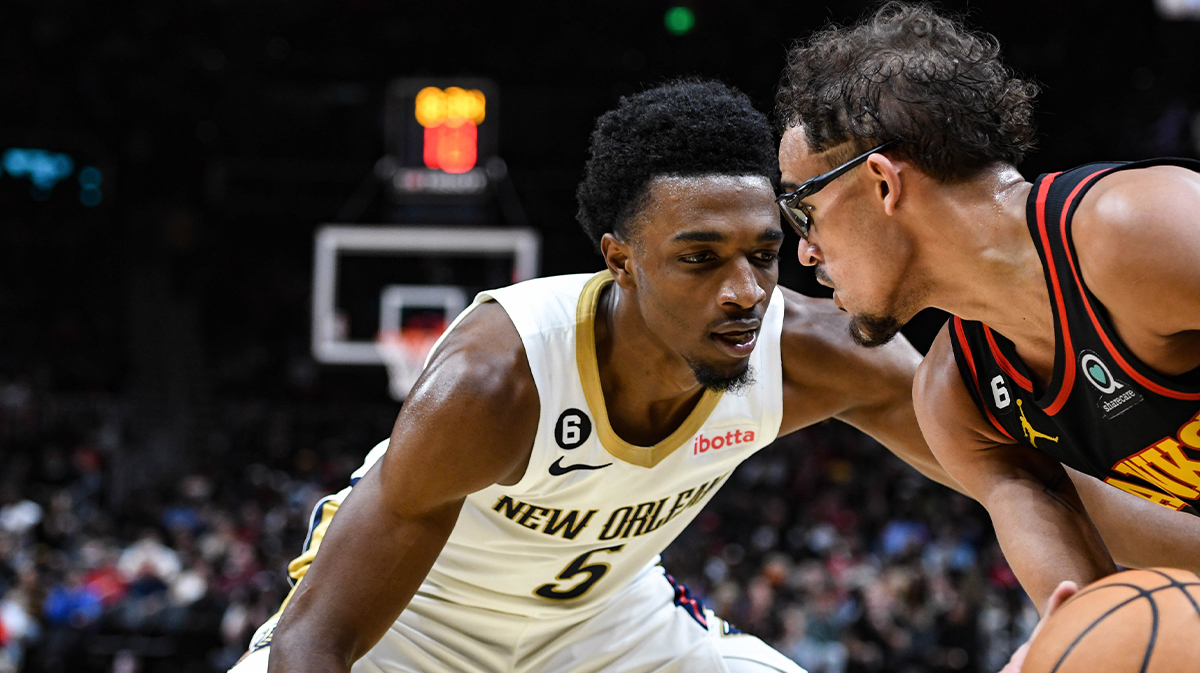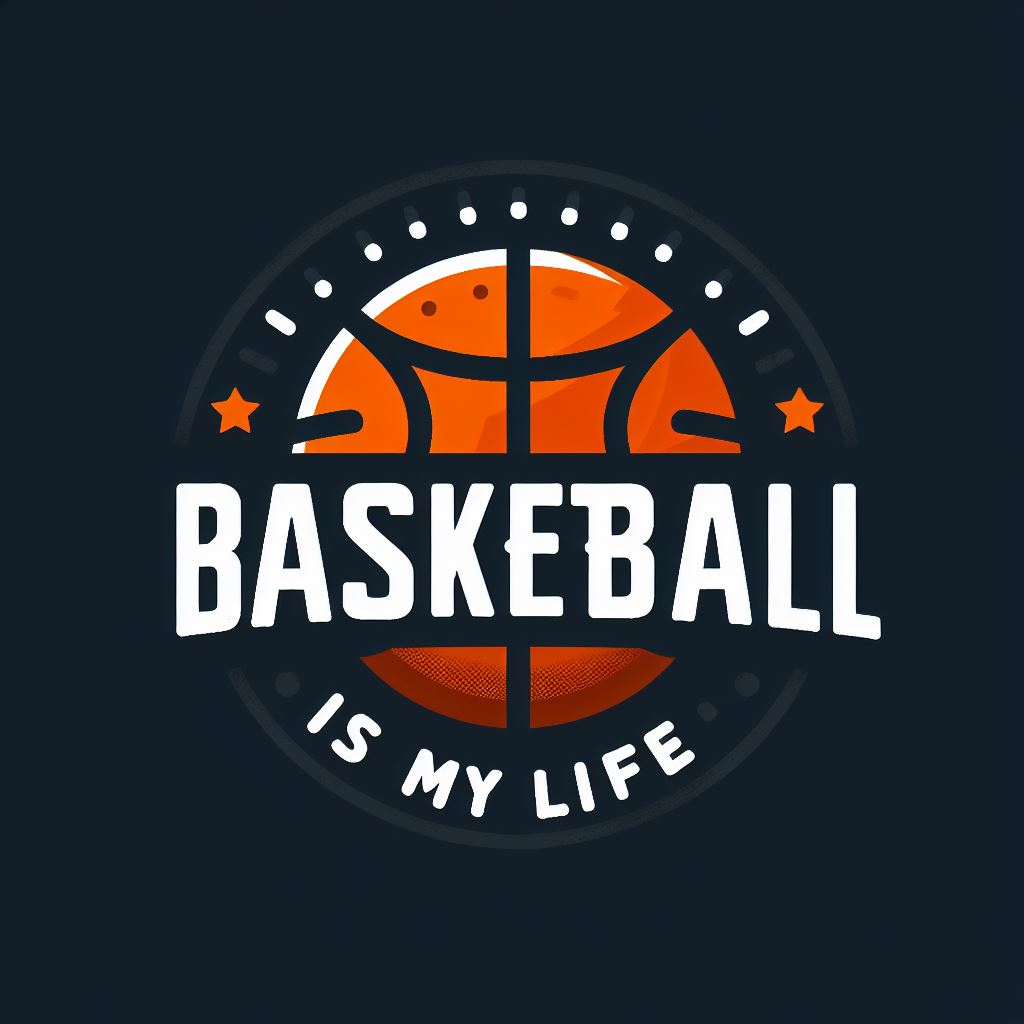In the modern NBA, finding value in contracts is crucial for teams looking to build a competitive roster while managing the salary cap. That has always been the case, but it’s even more so with the new collective bargaining agreement, especially for teams looking to avoid the luxury tax. Fortunately, the The New Orleans Pelicans found gold with Herb Joneswhose production far exceeds the costs of its contract.
New Orleans has gotten an exceptional return on investment so far. Expect that to continue now that Jones is locked into a four-year, $53.8 million extension with the Pelicans. Finding production close to Defensive Player of the Year for that award on the open market is nearly impossible. Pelicans Predictions rely almost as much on Jones team carrying defense and Williamson’s attack.
Add to that 11 points, 3.6 rebounds and 2.6 assists, all while shooting 41.8 percent from three-point range, and there’s no arguing that executive vice president David Griffin didn’t get a bargain. In fact, the first-team all-defensive player might be the most valuable and profitable contract in the NBA. Jones must clear a final obstacle to universal respect, but that’s an on-court problem with the referees, not with the NBA’s contract accountants.
Herb Jones finishes fifth too often

Jones finally got recognized by the NBA voting bloc this summer, earning All-Defensive First Team honors and finishing fifth in voting for Defensive Player of the Year. Bleacher Report’s Best Players in the NBA classification of contracts have Jones as the fifth-highest contract on a team’s books, just ahead of Grayson Allen.
The four players ahead of Jones, whose extension has an average annual value (AAV) of $13.45 million? Donte DiVincenzo ($12.25 million), Aaron Nesmith ($11 million), Jonathan Isaac ($14.8 million) and Aaron Wiggins ($9.4 million). Each of these players has several years left on their contracts, but not everything can be judged by average annual value.
For example, DiVincenzo, 27, will struggle to replicate his 17.8 points per game average in the NBA playoffs with the New York Knicks this season now that Mikal Bridges has left Brooklyn. Each player’s extension also has different structures. Nesmith’s contract remains at $11 million over the next three seasons. DiVincenzo and Jones get small raises, while Wiggins and Isaac’s cap hits will decrease over time.
The Alabama alum’s versatility is a key part of Willie Green’s defensive schemes. With his size, agility and basketball IQ, Jones disrupts opposing offenses and creates transition opportunities for his team. The financial flexibility allows the Pelicans to allocate resources to other areas where they are needed. New Orleans still gets the best bang for their buck when looking at per-game and per-100 possession metrics.
Pelicans make substantial profits
Minimum contracts can be very profitable. Just look at the rise of Jose Alvarado from the G League to a key backup and fan favorite. To get the most valuable contract, however, it takes a little more than most bench players can offer. That’s why Jones needs to be at the top of the list in this exercise. Look at last season’s stats and what’s expected going forward.
- Minutes per game
- Herbert Jones: 30.5
- Aaron Nesmith: 27.7
- Jonathan Isaac: 15.8
- Donte DiVincenzo: 29.1
- Aaron Wiggins: 15.7
- Points per game
- Herbert Jones: 11.0
- Aaron Nesmith: 12.2
- Jonathan Isaac: 6.8
- Donte DiVincenzo: 15.5
- Aaron Wiggins: 6.9
- Rebounds per 100 possessions:
- Herbert Jones: 5.7
- Aaron Nesmith: 6.5
- Jonathan Isaac: 13.9
- Donte DiVincenzo: 6.2
- Aaron Wiggins: 7.3
- Assists per 100 possessions:
- Herbert Jones: 4.2
- Aaron Nesmith: 2.5
- Jonathan Isaac: 1.6
- Donte DiVincenzo: 4.5
- Aaron Wiggins: 3.4
Related NewsThe article continues below
- Three-point shooting percentage (attempts per game)
- Herbert Jones: 41.8% (3.6)
- Aaron Nesmith: 41.9% (4.6)
- Jonathan Isaac: 37.5% (1.9)
- Donte DiVincenzo: 40.1% (8.7)
- Aaron Wiggins: 49.2% (1.6)
Conclusions from statistics and trading options
Wiggins is an elite player in short bursts of three-point shooting. Jones is the second-best player to score 100 points on three-pointers alone. Wiggins would do it in 67 attempts, or a total of 80 possessions. Jones and Nesmith would both need 80 possessions. Other than that, Jones is clearly the best option for any organization.
Just ask them. Every team would want Jones. Not every locker room could accommodate the other players and guarantee that much playing time. Some, like DiVincenzo and Nesmith, will have to take on smaller roles on their contending teams next season. Isaac and Wiggins will need a change of scenery to see a big increase in minutes played.
That’s why Jones has to be the best deal in the NBA. The 25-year-old’s impact on the Pelicans goes beyond individual stats, which provide plenty of compelling evidence. The avid angler’s presence on the court elevates the performance of his teammates, which helps hook local fans on this team’s potential. Zion Williamson and Brandon Ingram have both said they’re held accountable by Jones, too.
With Jones under contract through the 2026-27 season, the Pelicans got a key player at a fraction of the cost of a typical star. As the salary cap continues to rise, his contract will only increase in value. Pelicans management foresight By signing Jones as soon as possible, the team will remain competitive while maintaining some financial flexibility. It would certainly have cost more to wait until this summer to negotiate a deal.

